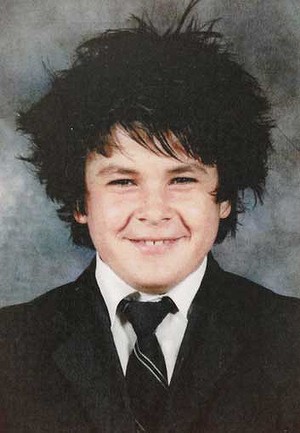A year and a half ago, Jack Irvine, a 15 year old with a severe tree nut allergy attending a go-karting camp in Melbourne, Australia, bit into an unwrapped cookie containing macadamia nuts. He died six days later due to complications of anaphylaxis.
During inquest proceedings currently underway, it was disclosed that the family filed standard forms notifying the camp administration of the boy’s allergies. Due to a staff shortage the day of the incident, the camp ordered lunch from a sandwich chain which presumably supplied the cookies.
Fiona Ellis, the counsel for the Victorian Karting Association, issued a formal apology to the family. “The Victorian Karting Association expresses its condolences to the family and friends of Jack Irvine,” Ellis told the Victorian Coroners Court.
Ellis went on to explain that the camp’s administrators did not have proper processes in place for dealing with allergic reactions or adequate first aid plans.
As we approach the season when families traditionally enroll their children for summer camp activities, we at SnackSafely.com would like to highlight some of the special considerations arising from this tragedy:
- Regardless of whether you are considering a day or overnight camp, keep in mind that they will be responsible for your child’s welfare for the entire time they are in their care. You must understand and trust their policies and procedures for how they:
- Prepare and serve foods that are safe for your child’s consumption;
- Ensure that your child will eat only the foods you have provided or authorized;
- Prevent your child’s food from contamination and your child from contact with their allergens;
- Are trained to recognize the symptoms of an allergic reaction and anaphylaxis;
- Will respond to an emergency and provide first aid;
- Will notify you when there is a problem.
- Understand the camp’s policies regarding stock epinephrine and your child’s personal prescriptions, who will be have access to them, and who will be trained and authorized to administer them in an emergency;
- If your child self-carries epinephrine auto-injectors, make sure they always have them on-hand and are trained how and when to use them;
- Train your child to question the safety of any prepared food, to trust their instincts when they doubt a food’s safety, to avoid any food they are unfamiliar with, and to notify the staff immediately should they suspect they have ingested an allergen or are experiencing a reaction.
We encourage you to consult these resources as you plan for the summer:
- Preparing for Summer Camp with a Food-allergic or Asthmatic Child – Kids with Food Allergies;
- Managing Food Allergies at Camp – FARE;
- Food Allergy & Anaphylaxis Emergency Care Plan – FARE;
Make sure your camp also knows about the Safe Snack Guide, which provides an effective means to help implement peanut and tree nut exclusion policies.
We understand how difficult it is to trust a third-party to care for your child, and how that difficulty is compounded when considering a child with severe food allergies. We are firm believers that the more you know, the safer your child will be.





